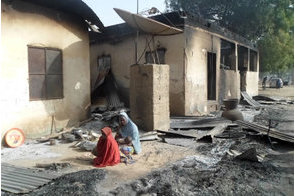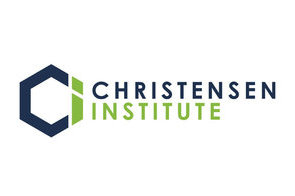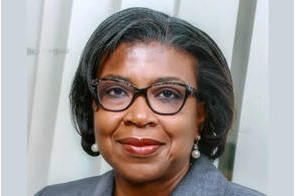Latest News
Nigeria gets 'special treatment' status on MSCI indexes

News Highlight
- Market capitalization of the Nigerian Stock Exchange has recorded a loss of N2.7 trillion between June 1, 2015 and May 3, 2016.
- Securities that are placed under the special treatment status are those with financial or operational issues.
Following a notice issued on April 8, 2016, in which MSCI warned against a possible exclusion of Nigeria from its Frontier Markets Index, the index provider has said it will retain Nigerian securities in its benchmark indexes, including the MSCI Frontier Markets 100 Index.
However, MSCI said in a statement on Friday that it will place the country under a "special treatment" status in its upcoming May 2016 Semi-Annual Index Reviews by not implementing changes for any securities in the MSCI Nigeria indexes or composite indexes which Nigeria is a component of. It also said some individual stocks that no longer meet its criteria will be deleted from its indexes.
Securities that are placed under the special treatment status are those with financial or operational issues. MSCI had said earlier in April that the introduction of capital controls and restriction of access to foreign exchange can lead to material deterioration in accessibility of the Nigerian equity market.
“We have concerns because there could be problems with accessibility of this market for foreign investors,” said Pavlo Taranenko, a member of MSCI’s index research team.
MSCI had said these restrictions may result in the exclusion of Nigeria from the MSCI Frontier Market Indexes, which is tracked by $12 billion of assets, and a reclassification to “Standalone Market Status.”
The MSCI Standalone Market Indexes are not included in the MSCI Emerging Markets Index or MSCI Frontier Markets Index. African countries in the MSCI Standalone Market Indexes are Botswana, Ghana, Senegal, Cote d'Ivoire, Burkina Faso and Zimbabwe. Apart from Nigeria, other African countries in the MSCI Frontier Markets Index are Kenya, Mauritius, Morocco and Tunisia. Egypt and South Africa are included in MSCI Emerging Markets Index.
Foreign portfolio investors have been selling off their Nigerian assets due to the fall in oil prices, the forex restrictions, and also due to the upward revision of U.S. interest rates that led to emerging markets selloff. Market capitalization of the Nigerian Stock Exchange has recorded a loss of N2.7 trillion (or $13.5 billion) between June 1, 2015 and May 3, 2016. This is the equivalent of 30 percent decline in market capitalization during this period.
According to Renaissance Capital, the exclusion of Nigeria from MSCI Frontier Markets Index will lead to a potential selloff of $480 million of Nigerian equities.
Related News
Latest Blogs
- Why Africa will be missing on ‘Globalisation 3.0’
- The Nigerian high-interest-rate trap
- How Tinubu is ensuring equitable access to public services
- Nigeria’s economic reform faces new threats
- What Ould Tah’s tenure at BADEA reveals about his AfDB candidacy
Most Popular News
- Artificial intelligence can help to reduce youth unemployment in Africa – ...
- New report offers insights for successful private equity exits in Africa
- Mark Zuckerberg visits Nigeria to explore startup industry
- US venture capital funding surges by 50 percent
- Dangote, other business leaders join World Bank private sector lab
- Global IPOs grow 17 pct to $26.2 billion in Q1, despite economic strains









